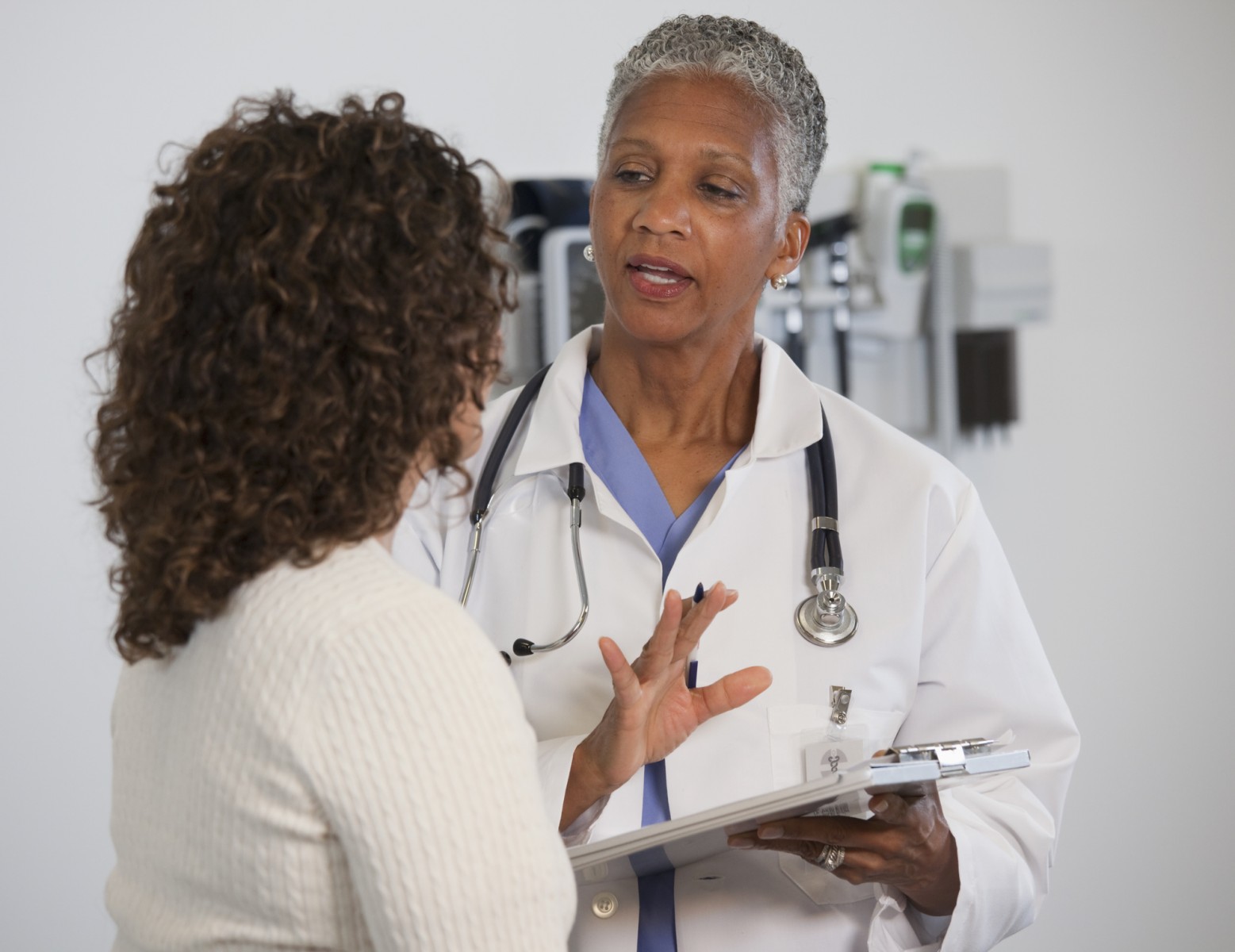After the Pandemic: Catching Up on Health
For Some, COVID-19 Put Preventive Healthcare on Hold. Experts Say It’s Time to Get Back on Track
When the COVID-19 pandemic began 14 months ago, public health officials advised staying home as much as possible to help limit the spread of the virus. But it turns out that staying home meant that many people skipped regular checkups and screenings, putting other aspects of their health at risk.
“A lot of chronic diseases, including hypertension, diabetes and heart disease – the number-one killer of men and women in the U.S. – progress slowly,” said internist Mehul Thakkar, MD, who practices at Cedars-Sinai Internal Medicine in Tarzana. “In the last year and a half, patients may have gained weight, their cholesterol numbers may be more elevated, and patients who were pre-diabetic may have become diabetic. By the time symptoms become noticeable, their condition could be significantly worse.”
The pandemic also has added stress and derailed healthy habits. “Chronic stress can increase your blood pressure,” said cardiologist Raj Khandwalla, MD, assistant clinical professor and director of digital therapeutics research in the Smidt Heart Institute at Cedars-Sinai. “It can lead to stress eating and poor-quality sleep, and these things have consequences for people’s heart health. I also have patients who increased how much they were eating out of boredom. Food became a substitute for activity and that had an impact on people’s waistlines.”
Regular blood pressure, blood sugar and cholesterol screenings are an important part of heart disease prevention. “Patients who have a strong family history of premature heart disease or stroke, or who are unsure whether to start cholesterol medications, should also have a  coronary calcium screening,” said Khandwalla. “The low-dose CT scan can help determine whether individuals are at risk of having a coronary event, and if they will benefit from being on medications to reduce that risk.”
coronary calcium screening,” said Khandwalla. “The low-dose CT scan can help determine whether individuals are at risk of having a coronary event, and if they will benefit from being on medications to reduce that risk.”
More than 9 million cancer screenings have also been missed or delayed during the pandemic, according to a recent study in JAMA Oncology. “Screenings for breast, cervical, colon and lung cancer – across the board – have dropped more than 50% during COVID versus pre-COVID times,” said Karen Reckamp, MD, director of Medical Oncology at Cedars-Sinai. “Everyone’s risk of cancer increases with age, and most people are missing at least some cancer screenings.”
For women ages 25-65, the American Cancer Society recommends screening for cervical cancer with an HPV test every five years or a Pap test every three years. Women should have a mammogram every two years between ages 50 and 54, and annually after that, to screen for breast cancer, according to ACS recommendations. Women with certain risk factors may need these screenings earlier or more often, Reckamp said.
Guidelines can change, and some screenings are being recommended earlier than before. “For colon cancer, the recommended screening age for men and women was always 50, and now that has moved to 45, and that’s just been recently,” said Reckamp.
screening age for men and women was always 50, and now that has moved to 45, and that’s just been recently,” said Reckamp.
Those with a history of smoking are at higher risk for lung cancer,and should undergo regular computerized tomography (CT) imaging, also called CT or CAT scans. CT-scan images provide more-detailed information than regular X-rays, but even pre-pandemic, fewer than 20% of high-risk patients followed this guideline, Reckamp said.
“These recommendations are in place because data supports that cancer screening reduces the chances of dying of certain cancers,” said Reckamp. “Getting back into the routine of screening and preventive health is one of the most important things we can do.”
Primary-care physicians such as Thakkar are the best starting point for getting patients’ preventive care back on track.
“I think the hardest part about getting back is probably that first visit,” he said. “Once you get back to see your doctor, it should get easier each time. People are afraid of the unknown and they don’t want to find things wrong, but the best way to keep things from going wrong is to see your doctor regularly.”
Read more on the Cedars-Sinai blog: Getting Back into Care During COVID-19




